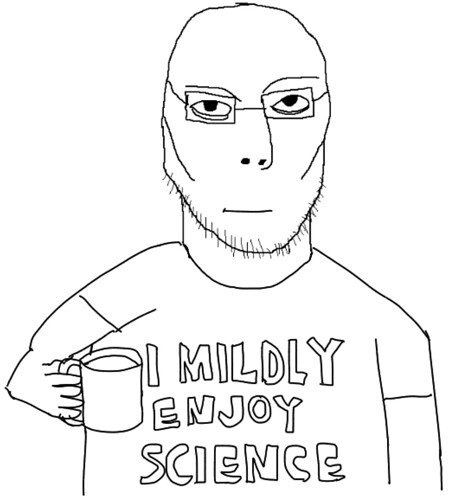Why does it revert to the mean? Not reading any linked Wikipedia articles.
It's hard to argue with these animal breeding comparisons from a fully scientific standpoint.
I would want to say that there is a fundamental difference that we don't fully understand regarding human cognition, but I don't have Wikipedia articles to post with that.
for the same reason if Neil de Grasse Tyson and (insert smart scientist woman here) had a child, it's not likely to be smarter.
Shafi Goldwasser? Sabine Hossenfender? Mikhaila Peterson? Greta Thunberg?
I see. It's likely to be smarter than the mean but not smarter than the outlier (parents)
But is that actually true? Is a child equally likely to be smarter or dumber than the average of 2 parents, regardless of whether they are dumb or smart? (Meaning - the mean doesnt necessarily influence intelligence)
It's clear that there have been no efforts by any state to maximize IQ of its citizens. Like an optimization problem.
Yes agreed. It's a major problem
But on the other hand it has been the major project of the entirety of human history to maximize intelligence. Governments are downstream of human civilization as a whole and are therefore part of that project
If you kill all the ■■■■■■■■ black people, the distribution isn't really shifted, you're just sampling from that same distribution dependent on having smart black people.
There is the distribution as according to iqmensa.org and the platonic, ethereal distribution.
Like here; if some environments lead to lower scores - the solution is clearly to move everyone to the opposite, whatever environment leads to higher scores.
If regression toward the mean was a thing in intelligence you wouldn't see such strong familial/genetic correlations
This is a fallacy.
Yeah it's not the environment this has been tested
Cope.
If you make a post like this again in this thread I will ban you.
tell me which fallacy it is
It's actually one of the first examples from a book by Thomas Schelling: Micromotives and Macrobehavior (1978)
